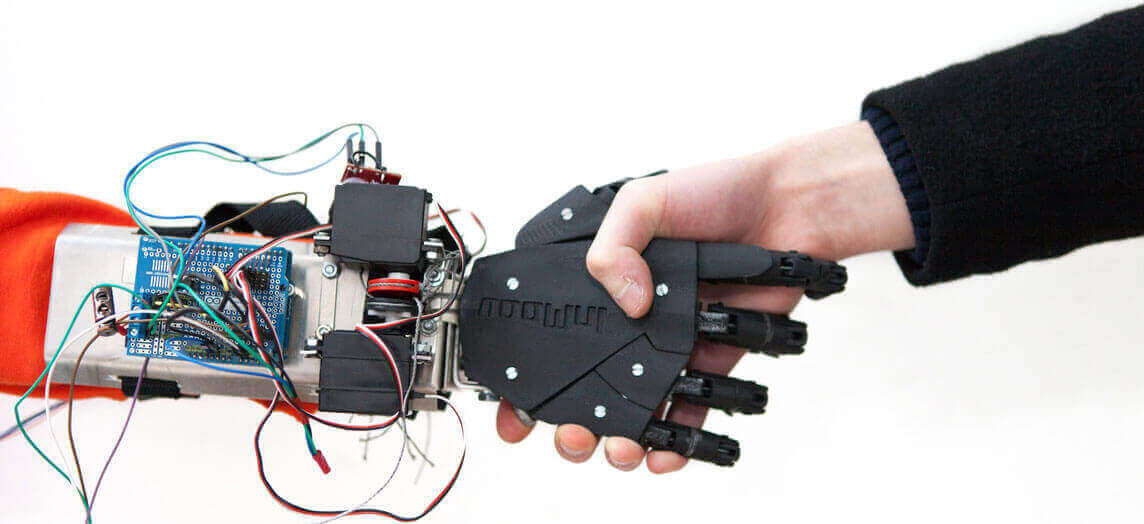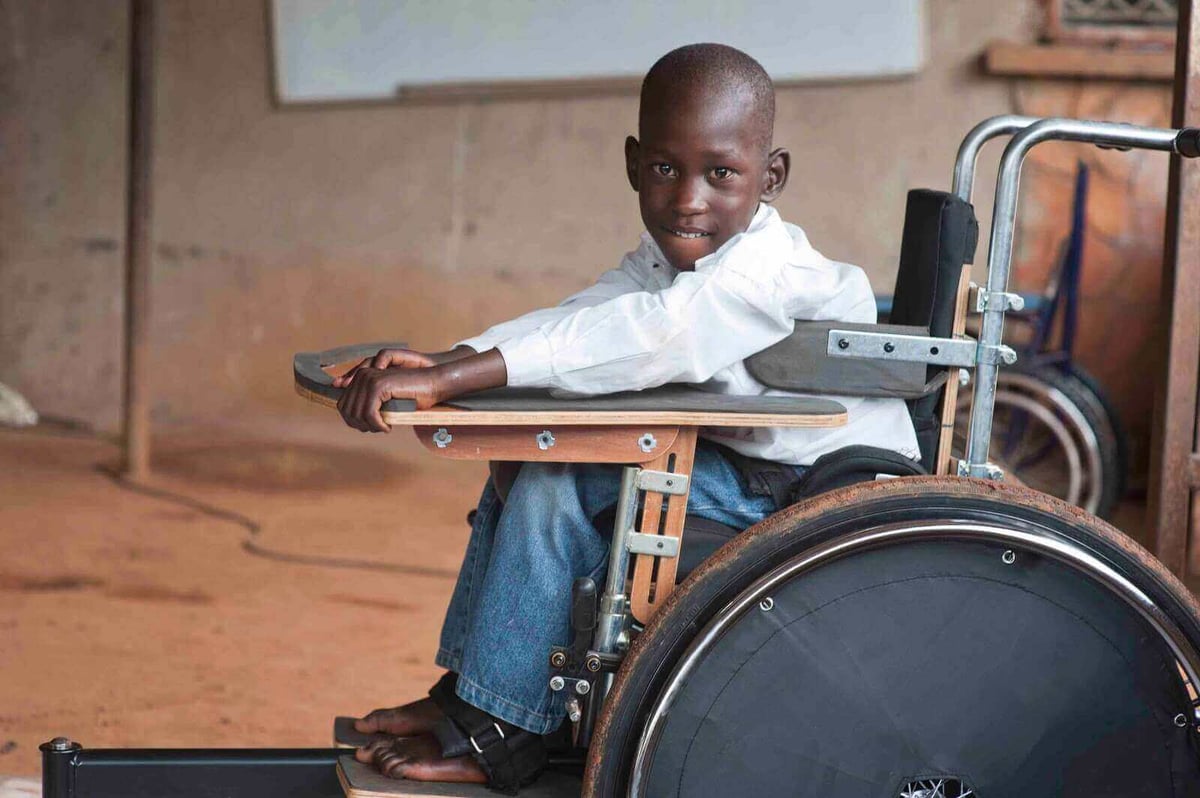The winners of the Google Impact Challenge: Disabilities have been announced, with many using 3D printing to change lives for the better.
In May 2015, Google.org laid down the Google Impact Challenge: Disabilities. The challenge was an open call to nonprofit organizations that are developing technological solutions for the one billion people worldwide living with disabilities.
In response, they received over one thousand submissions from 88 different countries, and now 30 of the most promising organizations have been chosen.
To these winners, Google.org has awarded a collective $20 million in grants to help develop the projects which can bring promising technology to those who need it.
At the launch of the initiative, Google.org director Jacquelline Fuller wrote: “We will choose the best of these ideas and help them to scale by investing in their vision, by rallying our people and by mobilizing our resources in support of their missions.”

Who are the winners of the Google Impact Challenge?
The scope of the winners of the Google Impact Challenge are impressive, ranging from charities helping leprosy sufferers to support for the blind.
Many of them are using 3D printing in innovative and impressive ways, including a company called Motivation who are 3D printing “postural support devices” for wheelchair users to ensure they fit properly. They have been given a $866,813 (£573,737) grant.
Leprosy Mission Trust India was given $350,000 (£245,000) to go towards 3D printing customizable footwear for people who have been affected by leprosy to allow them to keep walking.
There are also a range of different companies who are creating prosthetics for people around the world, including My Human Kit, Mission Arm and e-NABLE. The latter is a global team of volunteers that 3D prints prosthetic hands for children, and they received $600,000 (£420,000).
Nia Technologies, a Canadian nonprofit, has received $400,000 to develop 3D PrintAbility, which helps train prosthetic technicians to use 3D scanning and printing to produce prosthetic sockets more quickly.
“The Google Impact Challenge: Disabilities set out to accelerate the use of technology to create meaningful change in the lives of the one billion people in the world with a disability,” project lead Brigitte Hoyer Gosselink wrote in a blog post announcing the winners.
“We’re eager to watch as all of the fund’s grantees, selected from over 1,000 submissions from around the world, build new solutions that will transform lives and make the world more accessible for all.”
Check out the full list of winners here.

License: The text of "Google Impact Challenge Awards $20M for Disabled Tech" by All3DP is licensed under a Creative Commons Attribution 4.0 International License.